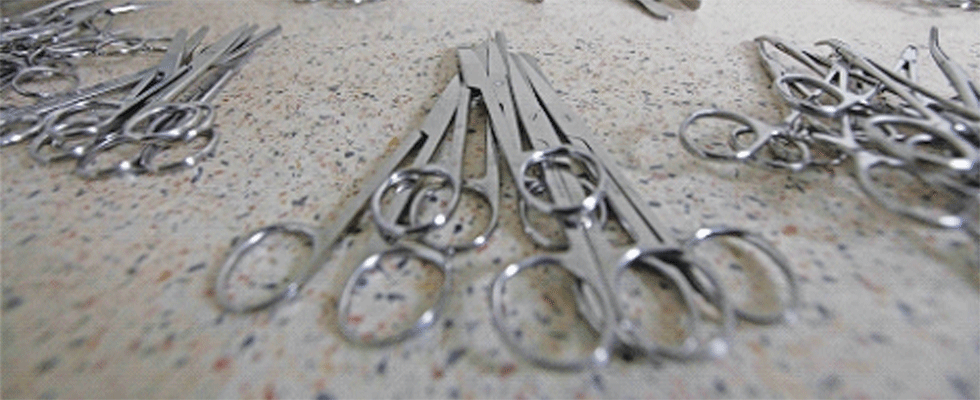
STAKEHOLDERS in the health sector have attributed the recent sharp rise in the number of men undergoing voluntary medical circumcision in Masvingo Province over the past three years to increased awareness campaigns.
By Tatenda Chitagu
According to figures recently released by the National Aids Council (NAC), the number of men who went under the knife in Masvingo shot from 1 720 in 2012 to 10 986 in 2013 before reaching the 18 500 mark in 2014.
Medical circumcision has scientifically been proven to reduce chances of contracting HIV during sex by 60% among heterosexuals.
“There was a continual increase of males who were medically circumcised from 2012 to 2014. This was attributed to the increased roll-out of the programme with support from Population Services International and other partners,” NAC provincial coordinator for Masvingo Evos Makoni said.
He said the increase was also attributed to awareness campaigns that are dispelling the fear associated with the procedure.
“Apart from traditional chiefs who also contributed immensely in demand creation, there were several awareness and advocacy programmes that broke the fear usually associated with getting circumcised, while the populace was slowly gaining acceptance over the years,” Makoni said.
As the figures increased, Makoni added, so did cases of health complications associated with the procedure owing to failure to abstain from sex for six weeks to allow for healing.
- Chamisa under fire over US$120K donation
- Mavhunga puts DeMbare into Chibuku quarterfinals
- Pension funds bet on Cabora Bassa oilfields
- Councils defy govt fire tender directive
Keep Reading
“There was a similar trend among clients who experienced problems after circumcision mainly due to non-observance of the six weeks ‘zero grazing’ rule. In 2012, 43 clients experienced problems, with the number rising to 110 in 2013 before reaching 242 last year,” he said.
Apart from clinical circumcision, traditional circumcision has been practiced among the Tshangaan and Varemba communities in Chiredzi and Mwenezi, although some of the procedures end up in health complications.
The communities, however, have agreed to partner with government to make circumcision safer and smarter.
Last year, 2 440 Tshangaan males were clinically circumcised at different sites in Davhata Mpapa and Gezani in Chiredzi as well as Boterere in Mwenezi.











